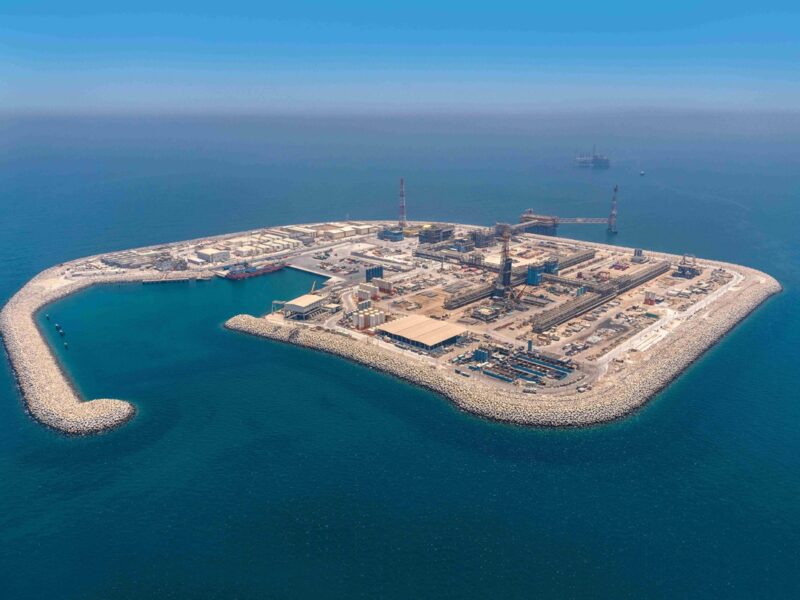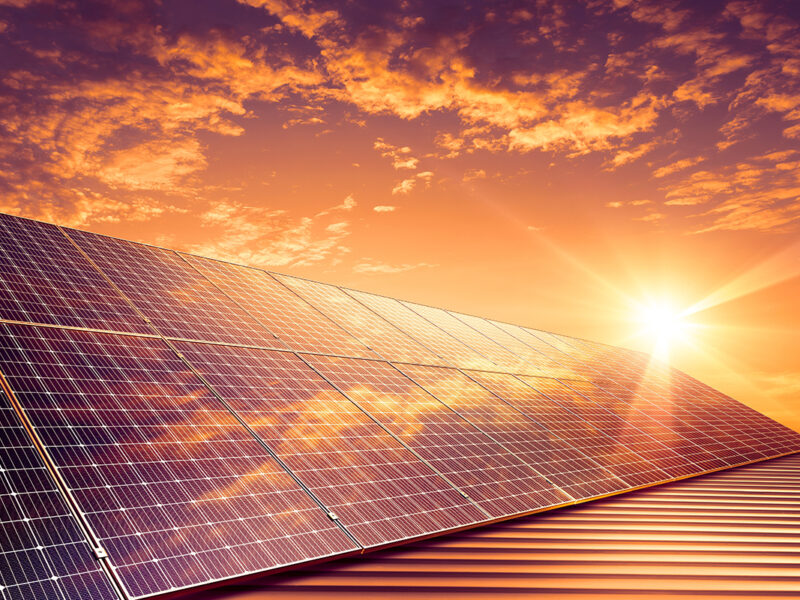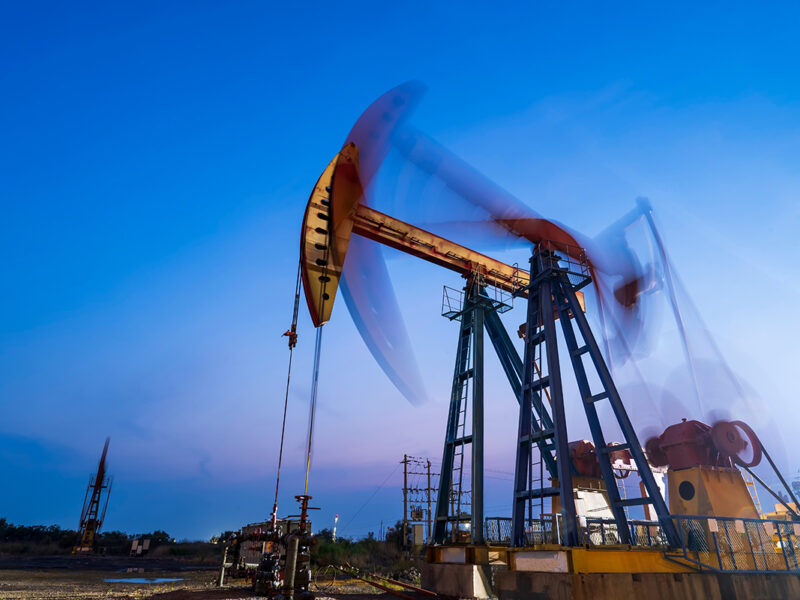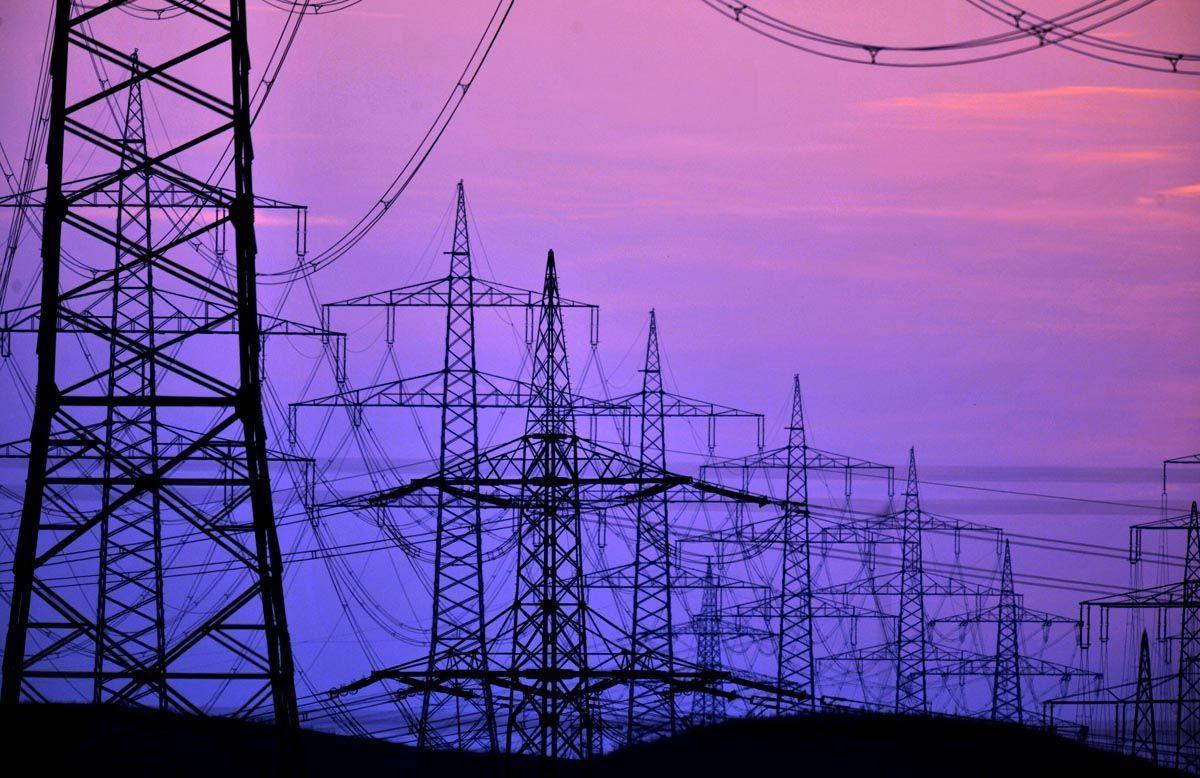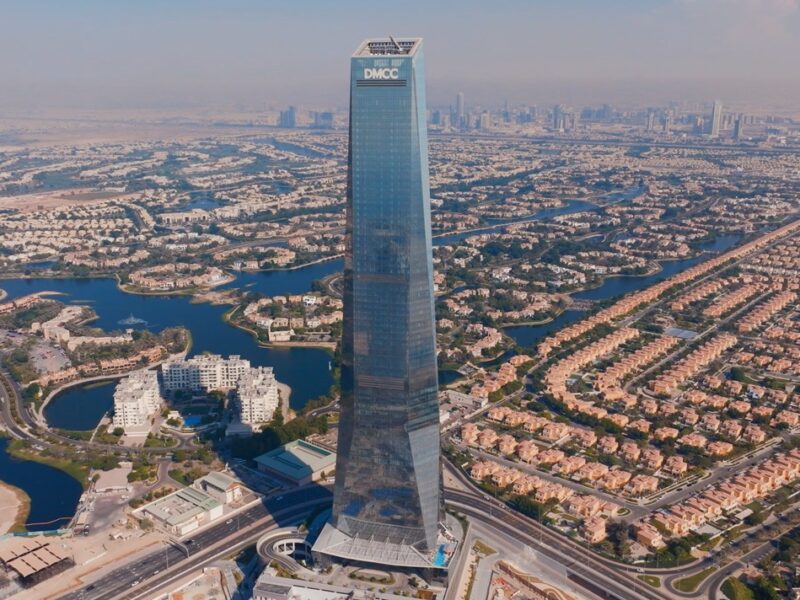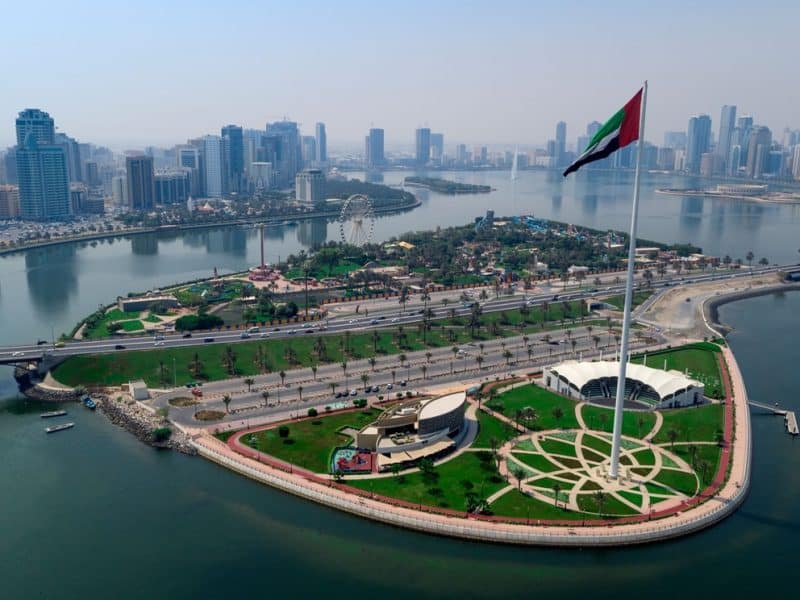The UAE’s energy minister has backed plans for the GCC to bring in new legislation to cut domestic power consumption.
Suhail Mohammed Al Mazrouei told a forum in Abu Dhabi that new laws should be introduced to allow Gulf states, which hold some 60 percent of the world’s known energy reserves, to maintain supply obligations to international customers.
“Given the trend we’re observing with Gulf countries emerging as major energy consumers, it is clear that the region has entered a new era.
“It will now require new policies to manage and meet domestic energy demand, while at the same time ensuring our commitment to our customers across the world,” he said.
The demand for electricity in the UAE, which is almost exclusively generated from natural gas-fired power plants, is set to rise at a rate of about nine percent per annum through to 2020, the UAE Energy Forum was told.
Rising gas demand from power stations and industrial users such as petrochemical makers and steel manufacturers has turned the UAE into a net gas importer in the past decade, triggering multi-billion dollar investments into nuclear power and renewables.
The UAE Energy Forum also debated critical topics impacting the sector through to 2020, including the shale revolution.
Shale gas production in the US is rising rapidly and, according to the US Energy Information Administration’s Annual Energy Outlook 2014, will jump 56 percent between 2012 and 2040 to 37.6 trillion cubic feet (tcf).
But Al Mazrouei rejected the view that shale would be a game-changer beyond the US, saying: “The rise in the cost of production of shale oil and the environmental effects associated with it show that the production procedure may face significant challenges or be on a smaller scale, thus disqualifying it from competing with conventional oil production.”

